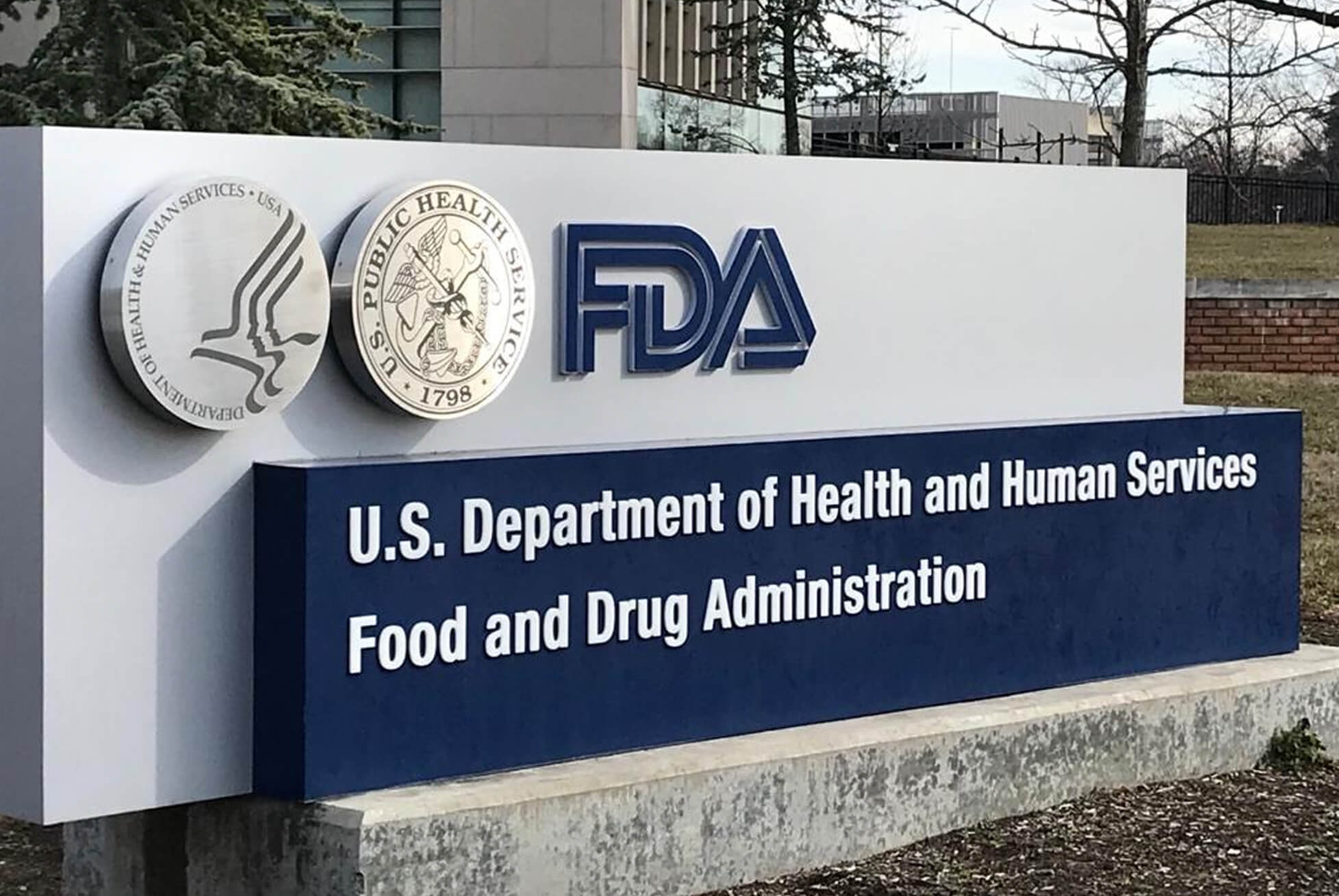A lot is going on here in the US and internationally – and the CBD Association has got you covered! Here is what happened just in the past few weeks:
USDA Secretary calls interim hemp rules a ‘draft.’ Hemp farmers and stakeholders welcomed a late February announcement when the USDA (for now) lifted enforcement action requiring that hemp be tested in U.S. Drug Enforcement Administration-registered labs and the disposal portion of the interim final rule (your CBD Association earlier suggested this idea in its formal comments). More recently, last week Agriculture Secretary Sonny Perdue told the Senate Agriculture Committee the interim final rules regulating federal hemp production may be considered a “draft”, which means their enforcement could be delayed. Democratic Sen. Jeff Merkley asked Perdue whether the interim final rule could be referred to as a draft given recent “evolving changes,” including the decision to delay enforcement action on two controversial elements, testing and disposal. “I would functionally say it’s a draft plan, as this is a very unique crop,” Perdue said. “We were learning as we were going, and we tried to nail it best we could.” However, beyond minor changes, the interim final rule can’t be changed until there is a notice of final rulemaking, he added. Merkley correctly noted it matters whether the U.S. Department of Agriculture determines the interim final rule as a draft plan or a final plan given that States can operate under the 2014 pilot rules for only one year after the federal hemp rules are final. Perdue also shed more light on how other agencies were involved in crafting the hemp plan, particularly the U.S. Department of Justice, which includes the DEA. Perdue said the USDA “fought for more flexibility in widening the standards” but was constrained by other agencies. “We had some pushback from DEA, (which) really didn’t like the whole program to begin with,” Perdue said. The USDA is “very open” to ongoing comments going forward, he said. He said he would like to see the USDA delay other parts of the rule, such as total THC testing and the 15-day sampling window.
US FDA Submits CBD Update Report to Congress. “On March 5, FDA submitted the first of two CBD reports to Congressional appropriations committees as mandated by a consolidated 2020 appropriations bill signed into law Dec. 20, 2019 (P.L. 116-94). The bill also provided FDA with US$2 million dedicated to developing a policy for the lawful use of CBD in non-drug products. Since the report’s release, the CBD industry has been analyzing the key takeaways and omissions, such as a regulatory pathway update or the future of CBD isolate. Until now, FDA has taken the position that hemp- and cannabis-derived ingredients are unlawful for use in conventional food, supplements and pet products because the ingredient was studied as a drug before use in those products was known to the agency. FDA’s first statement about how it would regulate sales of non-drug CBD products came in June 2018 when it approved the first CBD-based drug. Since then, FDA seemingly has focused enforcement action on CBD-containing supplements promoted with drug or disease claims. FDA Commissioner Dr. Stephen Hahn noted “knowledge gaps” around CBD safety and its potential benefits that agency officials have previously acknowledged. In re-opening its docket, FDA asked manufacturers, the trades, and other stakeholders to submit business confidential proprietary data (including safety data) on processes for deriving full and broad hemp extracts; and on how those extracts’ contents compare to CBD isolates. FDA takes the view current product characteristics “vary widely,” but it appears that full and broad generally are used to indicate that a product doesn’t include a CBD isolate and contains other hemp extracts. FDA is “encouraging, facilitating and initiating more research on CBD” and “providing venues for industry and researchers to share new data with the agency.”
Pending Cannabis Law in Mexico Viewed as Restrictive with Respect to Hemp. A cannabis law moving through the federal legislative process would significantly deter hemp interests as it treats hemp the same as marijuana. The bill pending is before Mexico’s Senate after having been approved by the Senate’s commissions on justice, health and legislative studies. If enacted if could significantly limit the development and sales of low-THC hemp products as stakeholders would need a license for selling any hemp product, such as hemp-themed apparel, hemp seeds or extracts. Unlicensed hemp sellers would be subject to penalties similar to those for selling unlicensed marijuana. Further only those 18 years and older would be able to buy hemp products. The measure would disallow vertically integrated cannabis concerns by limiting participants to only one total license. In other words, one cannot both process and export.. The scheme also would require universities to be licensed to research hemp, setting it apart from other plants which need no such government authorization, Elizalde Garza said. The measure in the Senate came after Mexico’s Supreme Court ruled that possession, cultivation and consumption of cannabis should not be criminalized, and ordered the Mexican Congress to change laws on personal marijuana use, giving legislators until April 2020 as a deadline.


